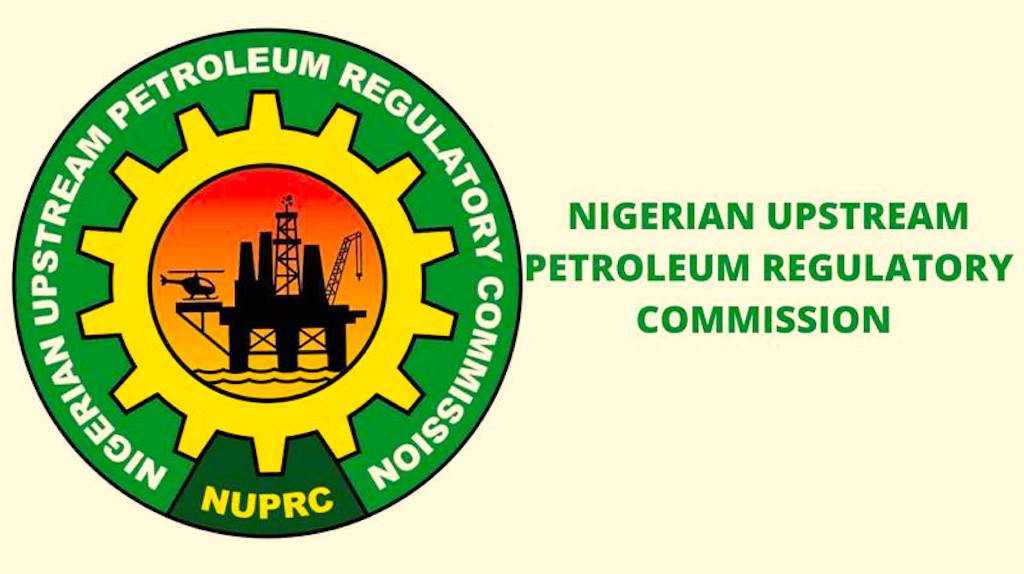Babajide Abayomi
From the N3.5 trillion recorded in 2019, Ogun State economy has continued to witness tremendous growth estimated at N16 trillion within six years of the administration of His Excellency, Prince Dapo Abiodun. The geometric leap in the economic fortunes of the Gateway State is, no doubt, attributable to the holistic economic master-plan anchored on massive investments in human capital development and infrastructural revolution.
Investment in infrastructure across the major towns and rural communities is rapidly turning the state around. Under the leadership of Governor Abiodun, Ogun State is leveraging on its ‘Gateway’ status to unleash new frontiers of development across sectors. There is no contending that Ogun State has evolved as the prime choice of investment hub in Nigeria; manifesting in the expansion of the industrial and manufacturing sector. Within the last four years, Ogun State has attracted significant foreign investments among which is the $400 million project with Arise Integrated Industrial platform for the development of Olokola Free Trade Zone and Remo Agro Processing zone.
It should, however, be instructive that a major component of the economic rebirth currently unfolding in Ogun State is the transformational agenda of the state’s housing sector being overseen by the Commissioner.
The housing sector is enhancing the much needed environment conducive for economic growth thereby making the state attractive to investors. It is heartwarming that the Ministry of Housing under the leadership of the Commissioner, Jagunmolu Jamiu Akande Omoniyi, is complimenting the momentum of expansion in commercial and industrial outlooks of Ogun State with housing projects that are changing the landscape of urban and rural settings for goods.
The appointment of the Commissioner for Housing who is a seasoned mortgage banker, an astute administrator and versatile real estate developer, has turned out to be a huge blessing to the incumbent administration in Ogun. The ennobling pedigree of Omoniyi has reflected in the style of leadership and the new direction being witnessed in the housing sector in Ogun State.
Having worked with Partnership Savings & Loans, Wema Homes and Abbey Mortgage Bank, the Commissioner rose to become the Regional Executive Manager before starting his own firm, C2Q Property & Investment Co Ltd. His firm was at the forefront of the initiative that delivered over 10,000 affordable houses to civil servants in the FCT in partnership with the Federal Government Staff Housing Loans Board.
It is therefore not surprising that housing schemes such as the Prince Court Estates at Kemta Idi Aba as well others in Kobape, Sagamu, Ijebu Ode, Ilaro and Iperu are a sight with their architecture layouts and aesthetic components. Apart from the main stream Housing Ministry, the Commissioner has supervised activities of other housing agencies under his purview, to deliver on their mandates.
Other notable housing estates that are redefining the narratives of rural-urban settings in Ogun State through enhanced access to ownership and affordability include Kings Court Estate at Oke Mosan and in Warewa; Renewed Hope Housing Scheme (Abeokuta 1 & 2), PMB Estate, Kobape Road, Abeokuta, where construction of detached and semi detached duplexes are ongoing; Ibara GRA Regeneration Scheme and Ijebu Ode GRA Regeneration Scheme.
In all, Ogun State’s housing agencies under the watch of Jagunmolu Omoniyi, has delivered no fewer than 4,230 housing units (low, medium and high income class) across the state.
In tandem with the I.S.E.Y.A mantra of Governor Abiodun-led administration, the Ogun State Ministry of Housing initiated a number of incentives to deliver affordable housing to beneficiaries across the civil service and to the general public. Hence, the ministry under Omoniyi, has demonstrated commitment to enhancing access to affordable housing by curbing administrative bottlenecks.
Under the initiative aimed at enhancing access to affordable housing in the state, Governor Abiodun-led government subsidizes the cost of lands and also provides access to mortgages through Gateway Mortgage Bank with 0% profit! The ministry, however, monitors procurement of materials so as to curb waste and ensure standards; leading to significant reduction in the costs of building. It equally ensures that qualified engineers and architects are on ground to make sure the best jobs are done.
While the competent leadership evinced by the man supervising the housing sector in Ogun State is attributable to his experience and exposure, Omoniyi’s background and informal training in bricklaying as “Omo Baba Birikila” of Joga-Orile, (A son of a bricklayer) reflect in the direction he has steered the Ogun State Ministry of Housing and ancillary agencies.
His tutelage under his late father, Alhaji Mudashiru Omoniyi who was a seasoned bricklayer appeared to have shaped his commitment to the mass-oriented policy of house ownership.
On the socioeconomic front, the housing sector in Ogun State under the Commissioner, has, through massive construction and innovative home ownership schemes, contributed immensely to expanding the economic fortunes through employment, finance and industrial growth. Various housing schemes have been tailored to create jobs for artisans, suppliers, skilled and unskilled labourers; thereby making life more abundant to families through livelihoods support and direct income earnings.
And due to increased activities in the housing sector, high demand for building materials such as cement, woods, roofing materials, blocks and so on, has positively impacted the economy with more jobs being created.
Conclusively, the successes recorded, so far, by the administration of Governor Dapo Abiodun in the housing sector, has continued to serve as the driver of investments into the state. Many private estates are now springing up across the state on account of the housing environment that makes investments and business to thrive in Ogun.
*Babajide Abayomi, a public communicator writes from Akute in Ifo Local Government Area of Ogun State.

